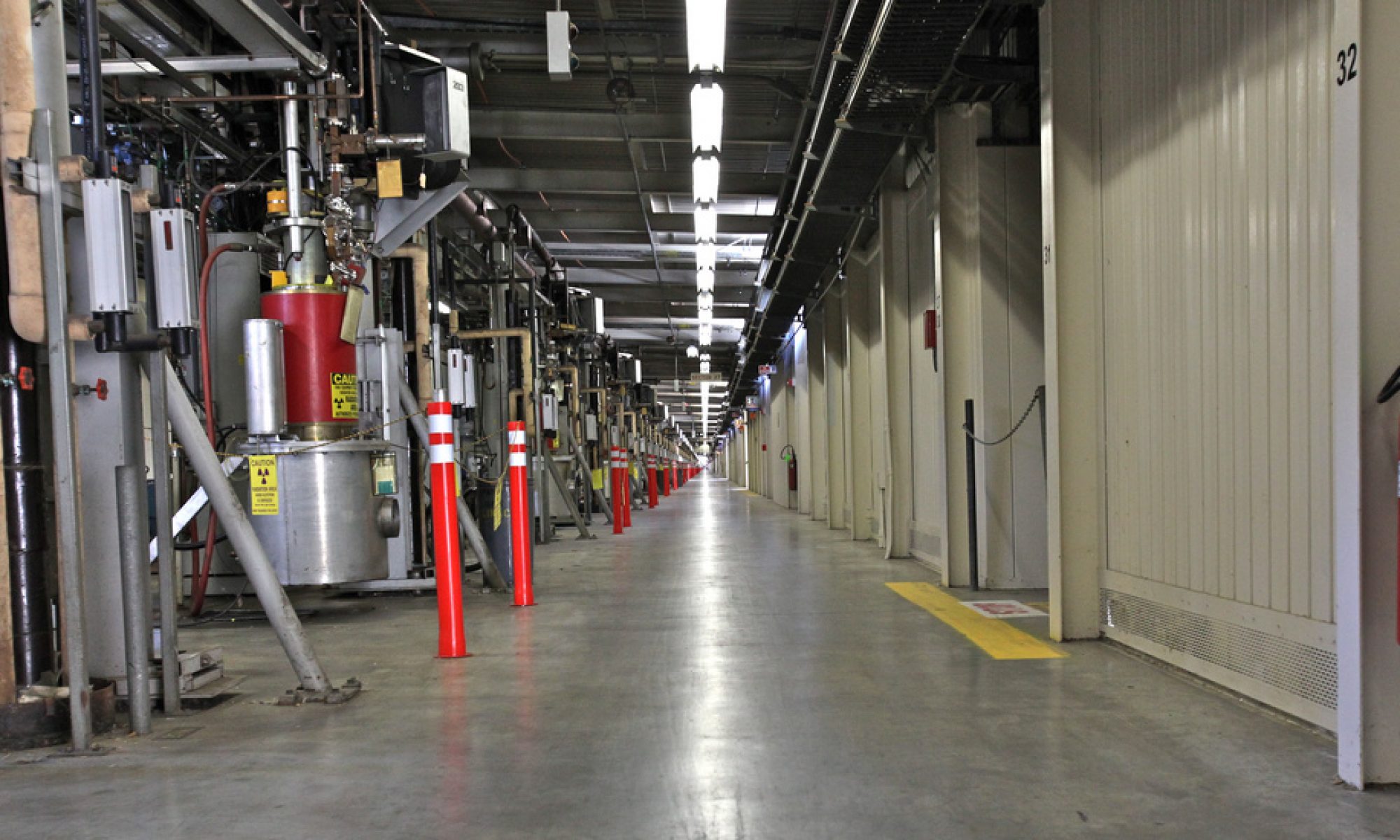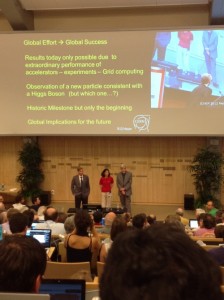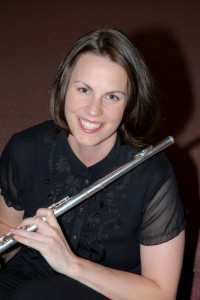On this episode of “Going Up Alleys,” Professor Thom Dunning speaks about the frontier of high-performance computing. This begins a multi-part series on interdisciplinary research – solving difficult problems by bringing together traditionally compartmentalized institutions, such as computing and humanities.
This is also a meta-podcast! To make it, I dusted off some audio I once recorded for the “Mustang Physics Podcast,” but which never saw the light of day. Then I wrapped it up in slightly-less-dusty audio I once recorded to introduce it (which also never saw the light of day). Then I introduce the introduction. Very meta.
Professor Thom Dunning is the Distinguished Chair for Research Excellence in Chemistry and a professor in the Department of Chemistry at the University of Illinois at Urbana-Champagne. Most importantly, he is the director of the Institute for Advanced Computing Applications and Technologies (IACAT) and the National Center for Supercomputing Applications (NCSA) at the University of Illinois at Urbana-Champaign.
The SMU Chemistry Department hosted Prof. Dunning for a seminar on October 19, 2011. They graciously invited students, researchers, and faculty from all science departments at SMU to participate in the seminar. Prof. Dunning spoke about many topics, including the state of high-performance computing (HPC), the technology behind recent advances and that needed for future advances, and the diverse scientific topics that demand more and more from HPC.
This podcast begins a series on interdisciplinary themes. In this episode, we explore the state of HPC and the technological advances. In the next episode, we’ll explore the scientific problems that demand advances in HPC, and the challenges to the future of HPC. In the third episode in the series, we’ll hear a seminar by Prof. Robert Markley (UIUC) on his use of computing to explore maps of the Great Lakes.
Show Notes
- 0:00: Opening Theme and Title
- 0:45: Introduction (to the introduction)
- 2:18: Introduction (to Thom Dunning’s talk)
- 7:45: Prof. Kraka’s Introduction of Thom Dunning (bio, etc.)
- 12:30: Prof. Dunning’s Seminar (Part 1)
- 36:05: Closing Remarks
- 37:33: Closing Theme and Credits
- Music for the podcast is licensed under Creative Commons and is by the artist, Nicoco. The song used in the podcast is “Occipital,” from the album “Classicoco,” and is available from Jamendo.
- This podcast was produced at Hampton House. Linux and Ubuntu were used in the making of this podcast, as was a Macbook, a set of BLUE Microphones, Audacity, and an reasonably insignificantly small amount of “too much free time.”


